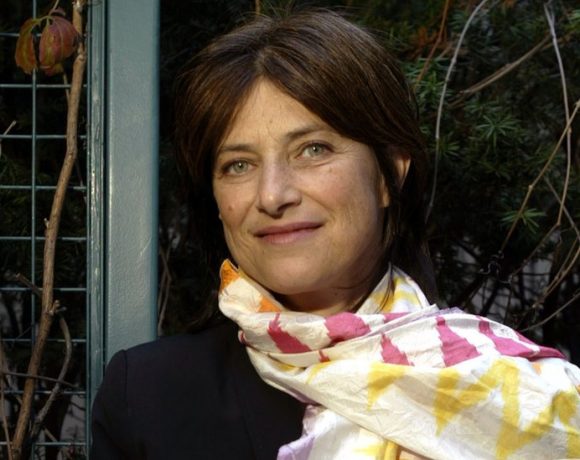
Giorgia Meloni, the Prime Minister of Italy, is pursuing €100,000 (£85,374) in damages after deepfake pornography featuring her was shared online. Scheduled to appear in court in Sassari on July 2nd, Meloni aims to testify against the production of these videos, where her face was digitally imposed onto explicit content. The culprits, a 40-year-old man believed to have created the videos and his 73-year-old father, are currently under investigation and face defamation charges.
Italian authorities tracked down the individuals through the mobile device used to upload the content. The distribution of such material constitutes a criminal offense in Italy. The videos, which circulated widely on a US pornographic website, prompted Meloni’s legal team to pursue damages. If successful, the €100,000 compensation will be directed to a fund supporting women who have suffered from male violence.
Maria Giulia Marongiu, Meloni’s lawyer, emphasized the symbolic nature of the requested sum, intending to encourage victims to come forward and challenge such abuses of power. Notably, the deepfake videos predate Meloni’s appointment as prime minister in 2022. Unfortunately, instances of deepfake pornography have become increasingly prevalent online, causing significant distress to victims whose likenesses are manipulated in explicit contexts.
Picture Courtesy: Google/images are subject to copyright




